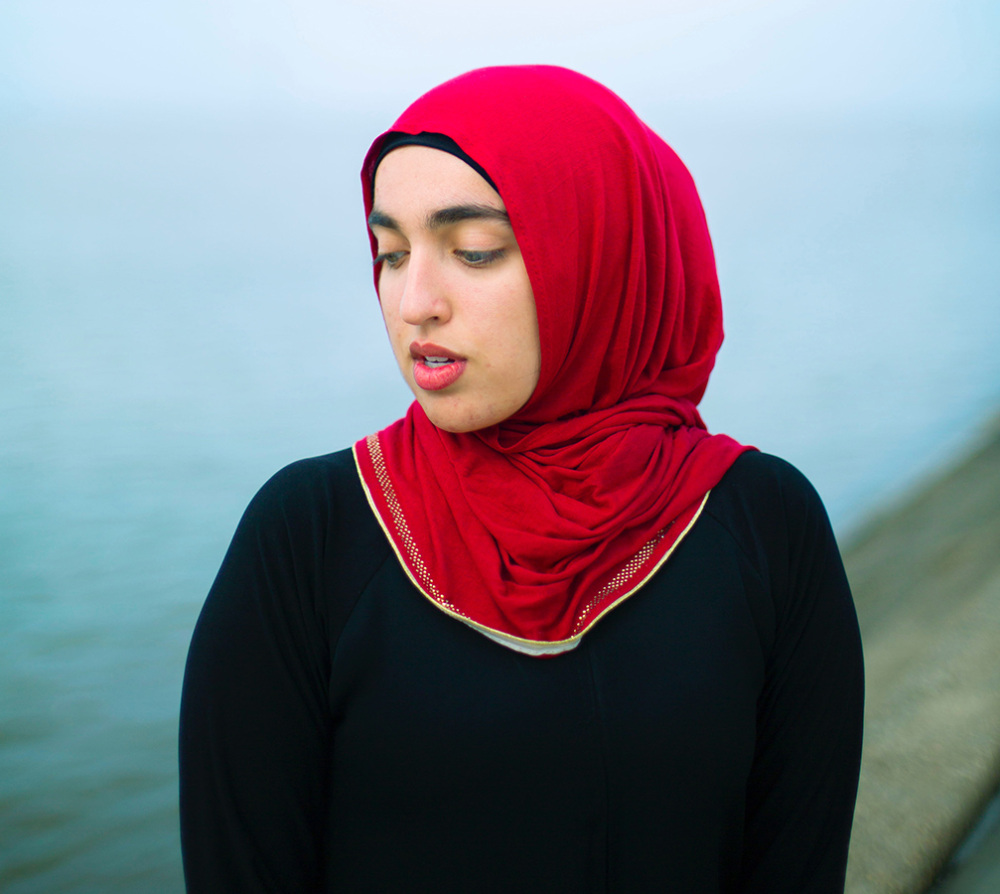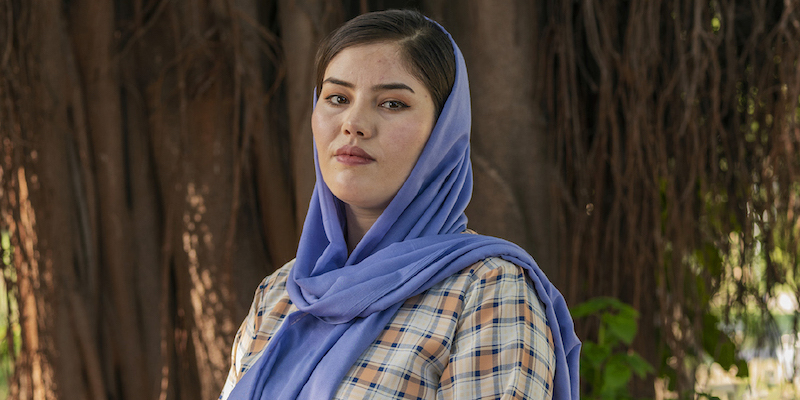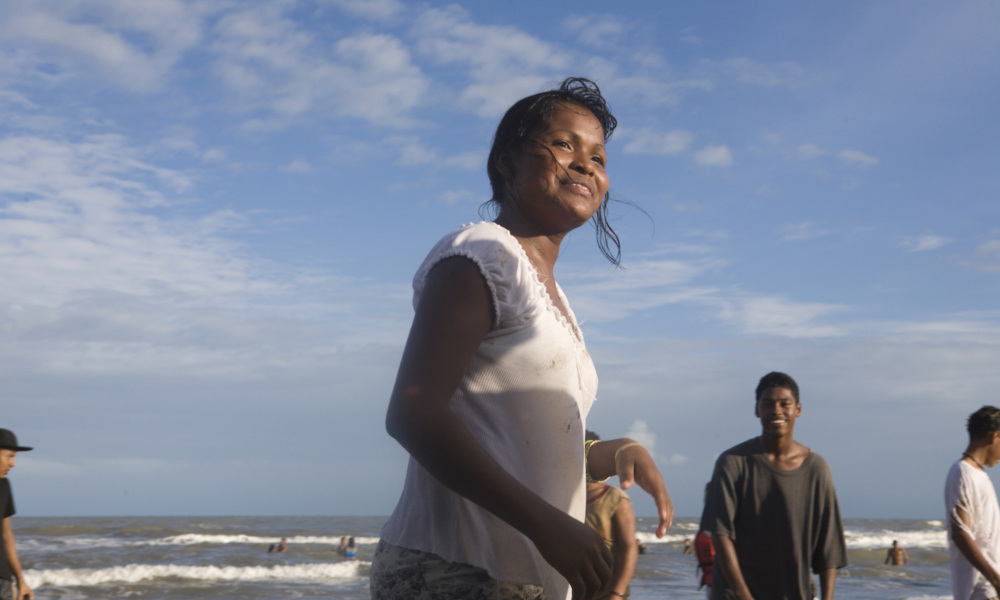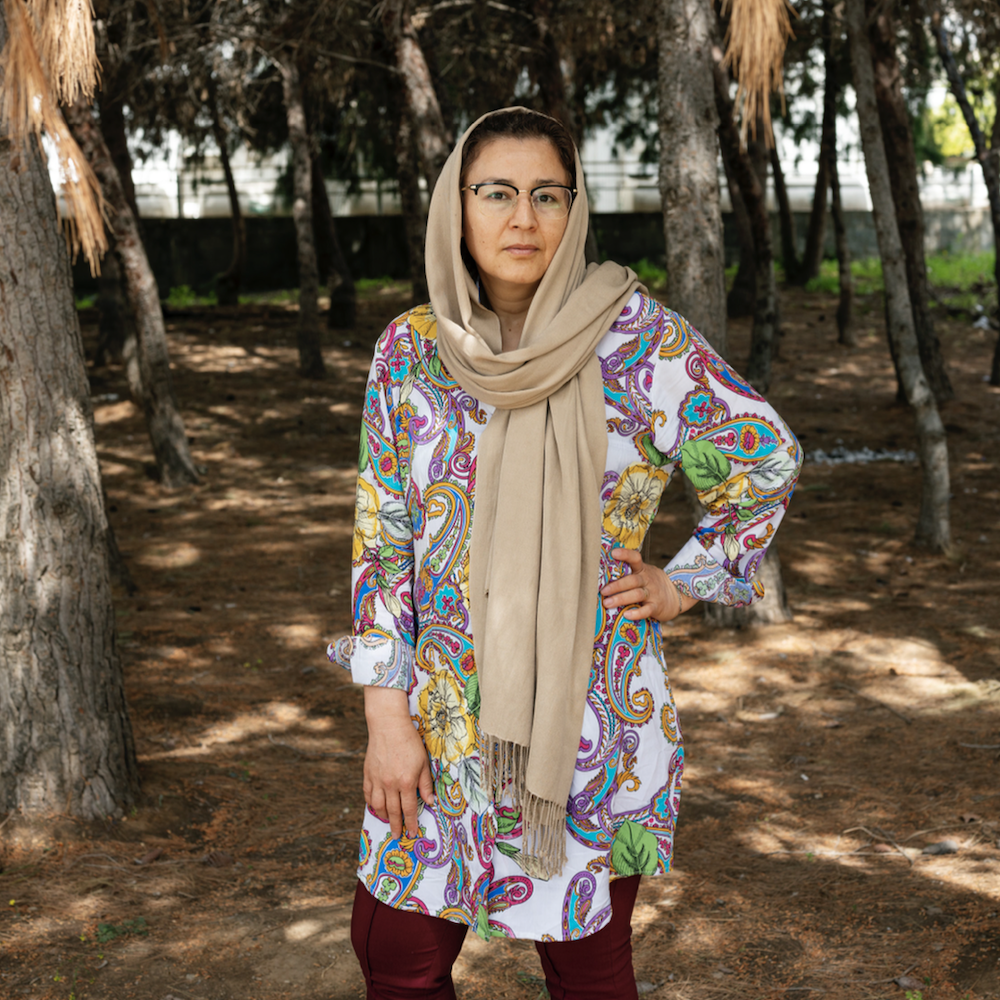June 2022, Supreme Court’s decision in Dobbs v. Jackson
The Supreme Court has bowed to the far-right and destroyed abortion access for millions of people across the country. This decision immediately endangers our loved ones and is an attack on our bodies and our human rights.
It builds on political attacks that have long undermined reproductive rights, like the Helms and Hyde Amendments that block US funding for abortion care at home and abroad.
But abortion care will not end today. For decades, abortion funds and reproductive justice networks across the US have confronted attacks on abortion, ensuring access to care for Black, Indigenous, people of color, LGBTIQ+, rural, and low-income communities, despite legal restrictions.
We are committed to working alongside the liberatory abortion funds, medical practitioners, and reproductive justice networks providing safe, accessible, and non-discriminatory abortion care.
And, we will continue our work for bodily autonomy and reproductive justice alongside frontline feminists around the world who have both provided abortion care in places where it is criminalized and successfully organized mass movements and legal challenges to decriminalize abortion.
The Supreme Court’s decision to take away a constitutional right exposes our nation’s deeply rooted misogyny. To strengthen abortion care and reproductive justice for everyone, we will learn from the feminists worldwide who are walking this path with us and stand together in a global movement for bodily autonomy and reproductive justice.
May 2022, Supreme Court Leak
Abortion is a human right for all people, everywhere.
Reproductive justice has always been at the heart of MADRE’s grantmaking and advocacy work with feminist partners across the world. Reproductive justice is a pillar of equality and opportunity for people who are, or may become, pregnant. Our partners have fought for, and won, abortion access in hostile environments around the world.
This year, in Colombia, a case brought to the Constitutional Court by MADRE partner Causa Justa, decriminalized abortion for all. Our amicus brief in that case successfully argued that abortion should be regulated by health codes, not the penal code. In Nicaragua, Venezuela, and the Dominican Republic, where abortion is criminalized, MADRE partners are working for reproductive justice for all.
The leaked draft of the Supreme Court’s decision in Dobbs v. Jackson confirms what Indigenous, Black, and brown communities in the US have said for decades: the US is a hostile place to seek abortion care.
Even under Roe. Indigenous, poor, and rural communities, especially Black, brown, and LGBTQI+ persons, have been systematically denied abortion care, and medical professionals providing abortions have been criminalized and separated from patients who need care. Clinics that are primarily providing reproductive health care and routine check-ups have been forced to close if they also provide abortion services to patients.
A ban on abortion is not about child welfare, not in a country that refuses to pass mandatory parental leave or adequately fund schools, healthcare, or childcare. A ban on abortion is a ban on the futures, livelihoods and independence of women and all pregnant persons, and it is part of authoritarian power-grabs. From Saudi Arabia to Russia to Sudan, authoritarians have targeted feminist movements and women’s rights. That’s because women’s rights are integral to genuine democracy, and feminist movements have been on the frontlines of resistance to authoritarian rule worldwide.
The attack on abortion is an attack against us all. But feminists have persisted: from grassroots abortion funds providing patients with the support they need to navigate overwhelming and dehumanizing barriers to abortion, to volunteers escorting patients safely inside clinics, to medically-trained professionals guiding patients through self-induced abortions, to organizers fighting for reproductive justice around the world.
As a global feminist fund and human rights organization, in the coming weeks, we’ll be amplifying abortion funds and legal support networks that share our commitment to abortion care for all. We’ll also share lessons from our partners, who are fighting for reproductive justice in hostile environments around the world.
We are still in this fight, side-by-side, because we know that Roe is a floor, not a ceiling. Our work isn’t done until we can secure safe, accessible, respectful, and non-discriminatory abortion care for all of us.
As a respected global feminist fund, MADRE can help amplify and validate domestic funds and organizing movements working for abortion access, with a particular focus on Black, brown, LGBTQ, and Indigenous communities.
Below we’ve included a list of MADRE partners, abortion funds, and legal support networks to amplify in this moment:
Partners
- Taller Salud: MADRE partner working on reproductive justice and women’s rights in Puerto Rico.
- Salon Plus: MADRE partner working on reproductive justice and women’s health in Palestine.
- Causa Justa: MADRE partner who recently won a Constitutional Court case in Colombia that successfully decriminalized abortion.
- Wangki Tangni: MADRE partner providing reproductive health care services and maternal healthcare in Nicaragua. This includes building capacity to address risky pregnancies and miscarriages that may require abortion care.
Abortion Funds + Legal Networks
- The Brigid Alliance: Works with partner clinics in NY, DC, MD, NM, and CO and provides long-distance travel and related financial and logistical support to pregnant persons seeking abortion care.
- National Network of Abortion Funds: Supports abortion funds across the country, based on where the person seeking to terminate a pregnancy is located. Abortion funds offer support such as transportation, childcare, translation, doula services, and somewhere to stay if you have to travel to get your abortion.
- Yellowhammer Fund: An abortion fund and advocacy organization servicing Alabama, Mississippi, and the Deep South.
- Indigenous Women Rising: An abortion fund for Indigenous people who are seeking abortion care and need financial and logistical support to access it.
- The World Professional Association of Transgender Health (WPATH) provides referrals to healthcare professionals and educational resources related to trans healthcare.
- National Abortion Federation: A multi-lingual, toll-free hotline for abortion referrals and financial assistance without judgment. They also provide case management services for people with special needs and limited financial assistance. 1-800-772-9100
- If/When/How: Lawyering for Reproductive Justice has a helpline with information about the law and self-managed abortion, and can connect people with lawyers if you have been ivnestigated or arrested for your abortion, or think you might be. Their hotline also has a web form for D/deaf helpline users and anybody else who cannot or would prefer not to receive a phone call
- Jane’s Due Process: Dedicated to supporting pregnant teens and ensuring there is legal representation for pregnant minors in Texas.
- Abortion Care Network: A national association of independent community-based abortion care providers and their allies. Independent clinics provide more than half of all abortions in the United States.



